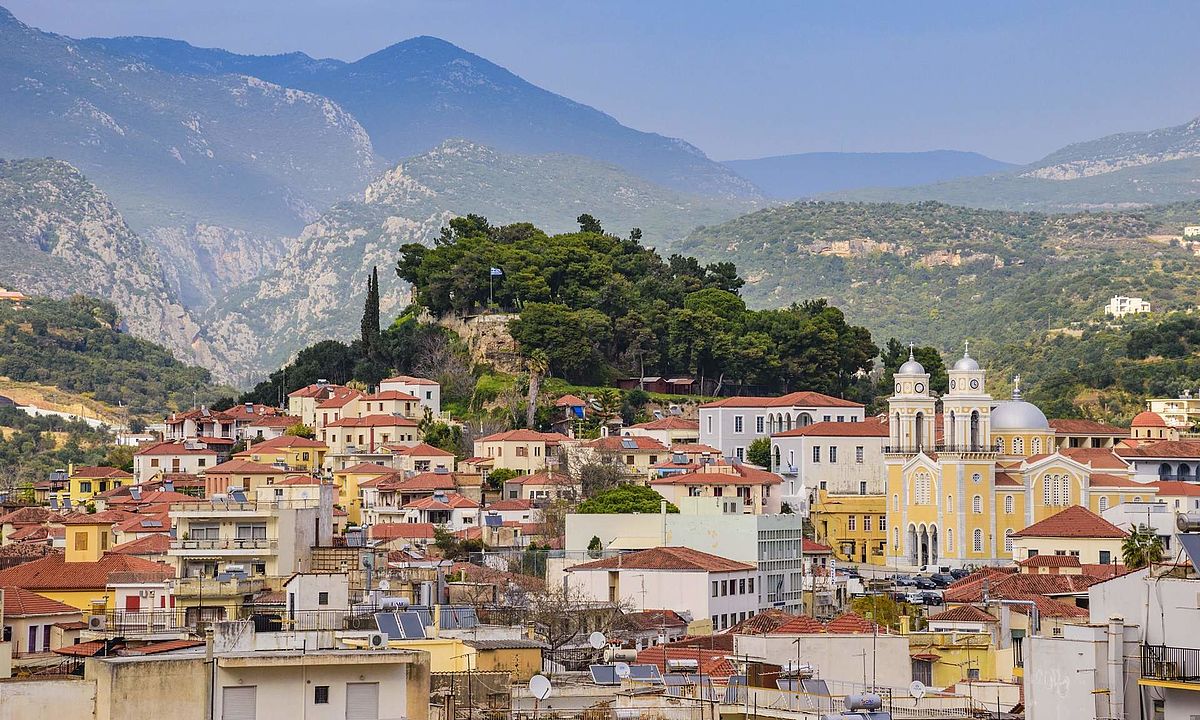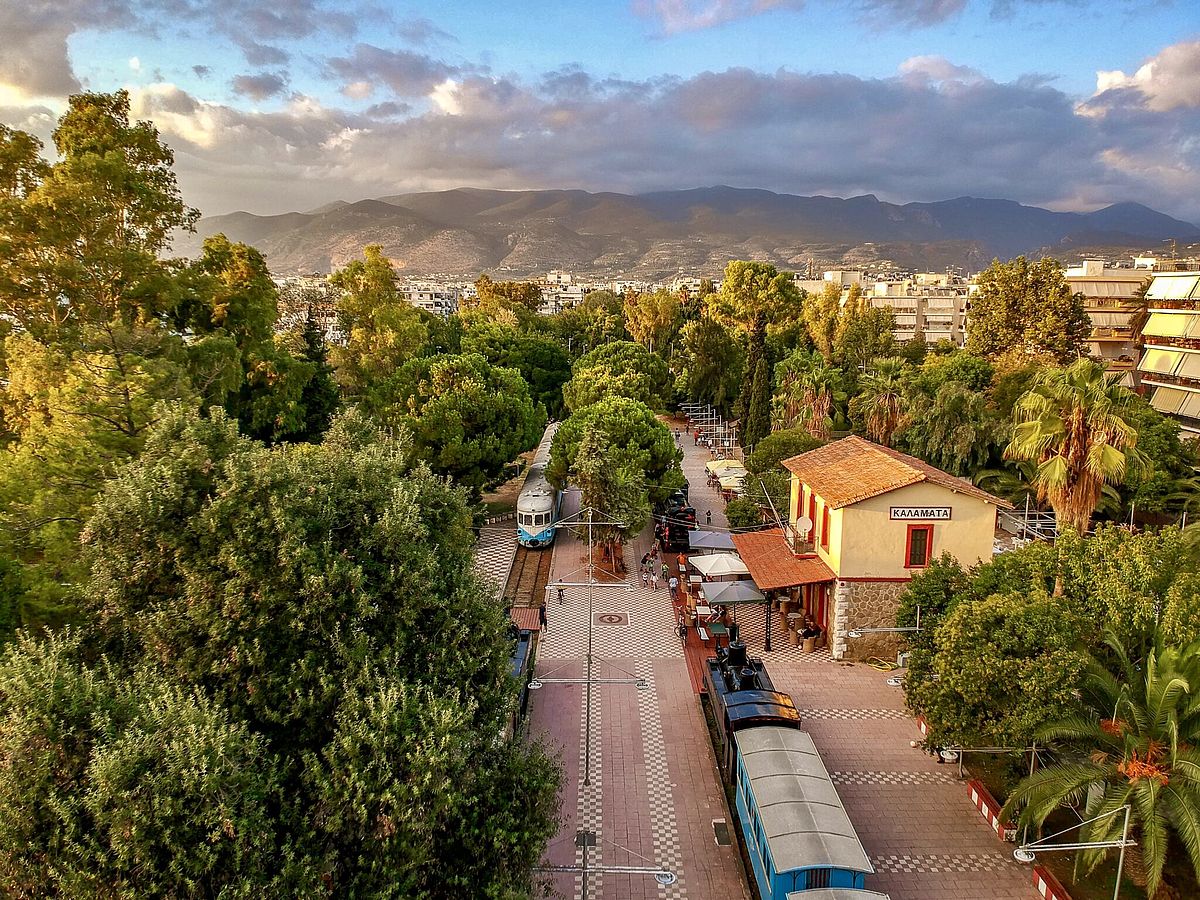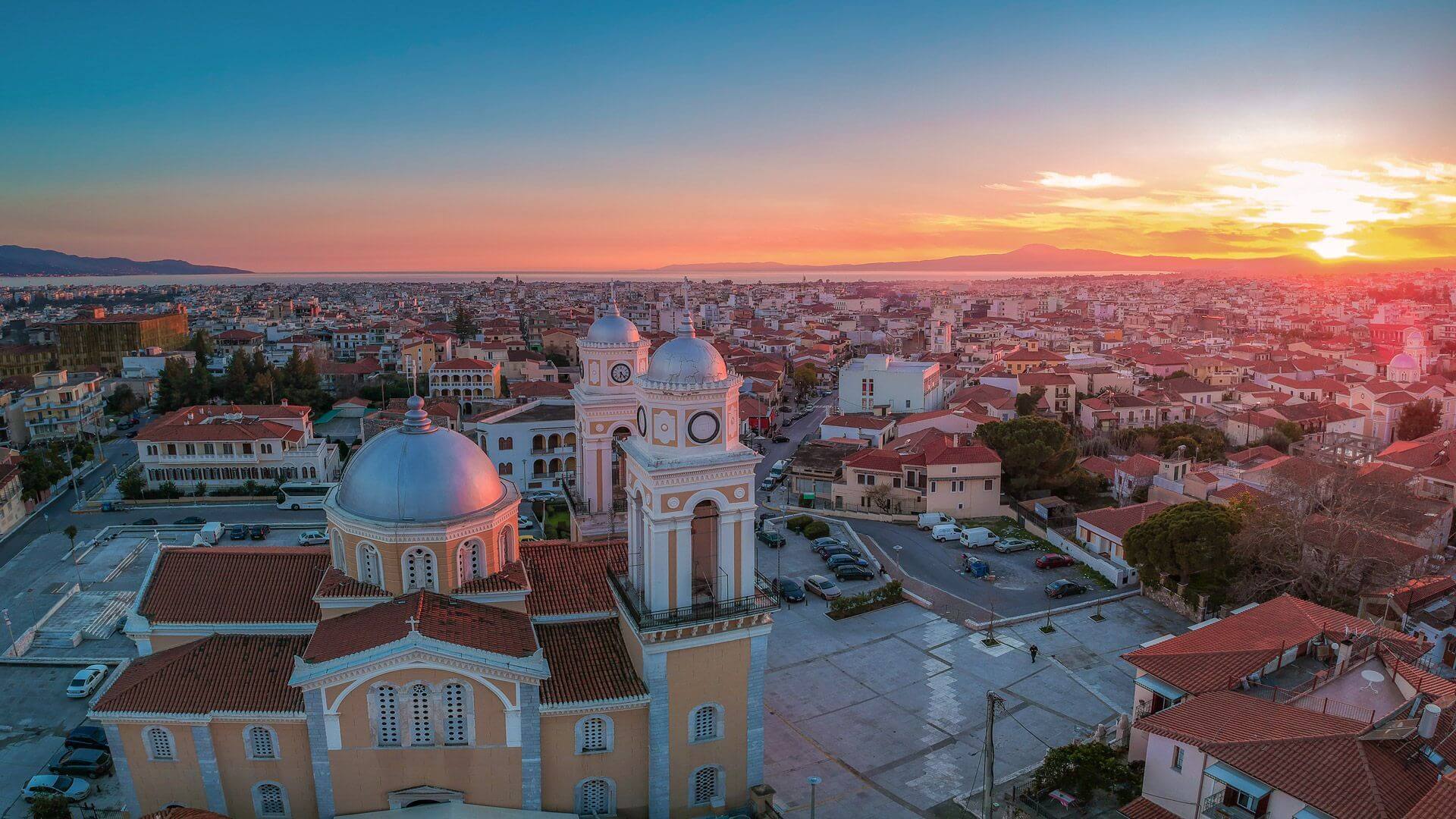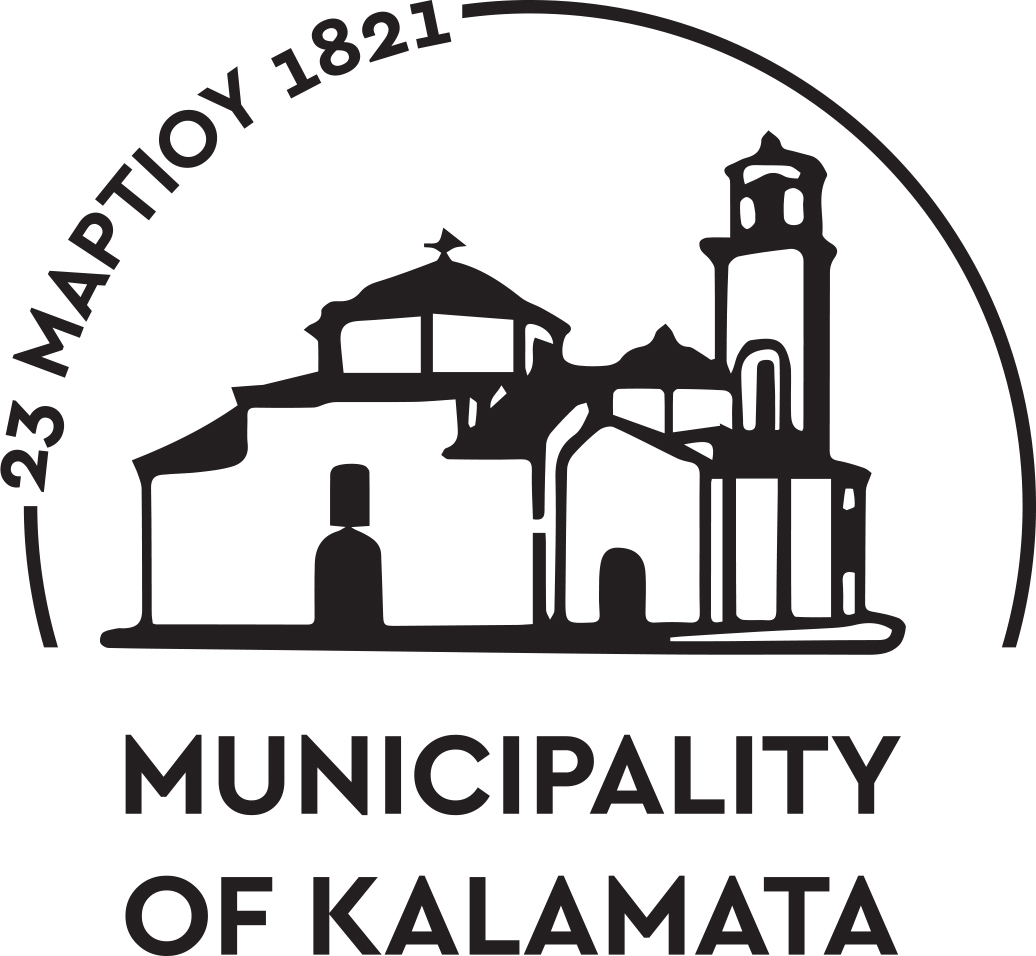Kalamata, Greece
Leading Greece`s Climate-Neutral Future
Kalamata has been selected as one of the European Union`s Mission Cities within the "100 Climate-Neutral and Smart Cities by 2030" initiatives, earning the prestigious EU Mission Label. This recognition places Kalamata among the leading European cities committed to achieving climate neturality ahead of schedule. Guided by its Climate City Contract, a co-created roadmap, the municipality is working with citizens, businesses, and institutions to implement sustainable solutions in energy, buildings, transport, mobility, and waste management, while promoting innovation, digital transformation, and resilience, setting an example of green urban development in Greece and beyond.
As part of this strategy, the city is advancing circular economy initiatives that include expanding bio-waste collection and composting programs, promoting the reuse and recycling of materials, encouraging businesses to adopt resource-efficient practices, and fostering partnerships to transform agricultural and organic waste into valuable products reducing landfill use while supporting local sustainable development. These efforts are complemented by education initiatives, such as school programs on waste separation, community workshops on sustainable living, and training sessions for professionals, aimed at raising awareness and equipping citizens of all ages with the knowledge and skills to actively participate in the transition to a circular, climate-neutral city.

Circular Economy at the Core
Kalamata’s Climate City Contract puts circular economy at the heart of its climate-neutral strategy, implementing tangible, locally grounded initiatives. The “Kalamata, Clean City” portfolio includes interventions to enhance cleanliness infrastructure, promote recycling, and familiarize citizens with circular economy principles. Kalamata leads the Peloponnese Region in producing compost from mixed waste and ranks among the top three Greek cities in the number of recycling streams. Actions include household and neighborhood composting, incentive programs (“Pay As You Throw” and “Know As You Throw”), the installation of green points and recycling corners, as well as the utilization of special waste streams such as coffee grounds, olive leaves, and prunings. The aim is to reduce waste sent to landfill, produce value-added products, cut CO₂ emissions, and create new jobs, while simultaneously informing and educating citizens to adopt more responsible consumption habits.
Kalamata Circles Back: Local Actions for Greener Future
Since 2014 the Re:Think Project in Kalamata, known for its community composting network, educational programs, and seed preservation initiatives, played a key role in promoting sustainable waste management at the local level. Its network of neighborhood composters has laid the groundwork for citizen engagement and hands-on participation in organic waste diversion. This grassroots effort aligns closely with Regional Association of Solid Waste Management Bodies (FODSA) of the Peloponnese Region (an institutional pillar for the effective and sustainable management of waste) pilot bio-waste program in Kalamata, which provides households with brown bins equipped with bio-filters to collect organic waste for large-scale composting. Together, these initiatives create a complementary system both contributing to landfill diversion, methane reduction, and the city’s broader circular economy and climate-neutrality goals. Also, the new Material Recycling Centers in Kalamata provide residents with easy access to modern dedicated facilities for separating and depositing recyclable materials, such as plastics, metals, glass, and paper, using compression and shredding equipment that reduces transport needs, lowers environmental impact, and ensures high-quality material recovery, thereby actively supporting the city’s transition toward a circular economy. In addition, citizens earn incentives and rewards for bringing in their recyclables such as discounts or vouchers from participating local businesses.
Recently, the Metamorphosis Fest 2025 transformed Kalamata’s Railway Park into a lively hub of climate education, circular economy and community action. The festival featured interactive workshops on circular economy, environmental film screenings, a “Bring One, Take One” swap bazaar for books, toys, and clothes, and a participatory mapping activity titled “My Sustainable Circular Park”, all designed to inspire and engage citizens of all ages in sustainability and public-space transformation.
In Kalamata, a Local Green Deal (LGD) has been established with Kalamata Football Club, integrating environmental responsibility into the club’s operations such as promoting recycling at matches, reducing single-use plastics, and engaging fans in sustainability campaigns turning sports events into platforms for climate awareness and circular practices. Local Green Deals promoted through the EU’s Intelligent Cities Challenge (ICC) initiative, are collaborative agreements between municipalities, businesses, and community stakeholders that set shared goals and actions for advancing sustainability and circular economy. They encourage sectors such as tourism, sports, retail, and manufacturing to adopt resource-efficient practices, reduce waste, and innovate in product and service design.



